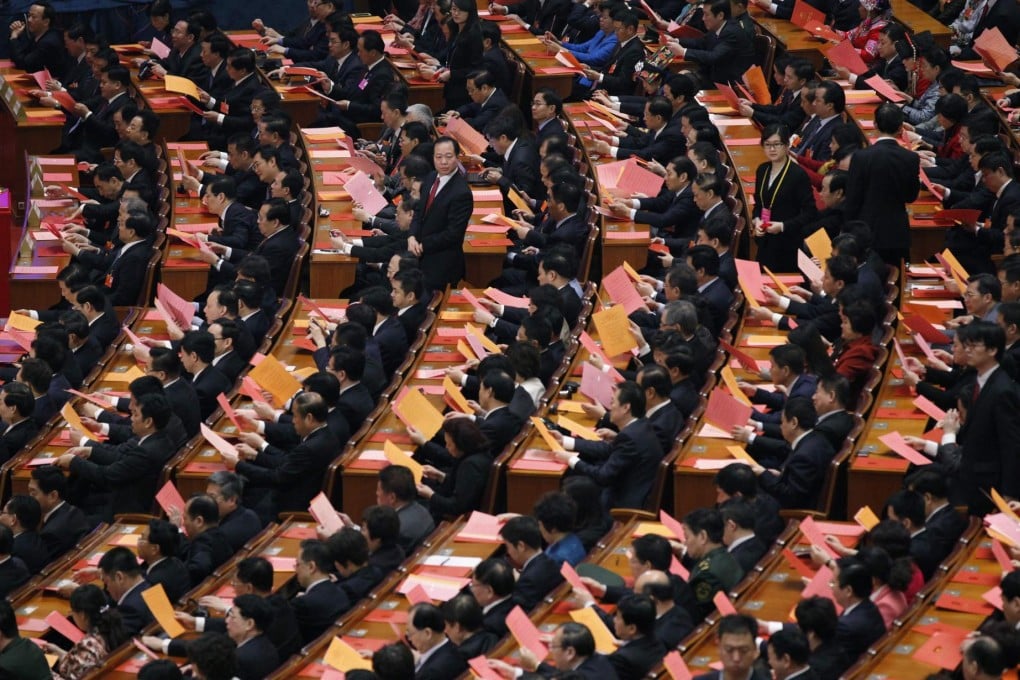Legal experts call for agency to oversee constitution
Legal experts want an independent agency to oversee 'rule by law' - as well as a system to ensure government officials abide by it

The government should set up an independent agency to oversee implementation of constitutional rule, legal experts say.
A system should also be established to ensure government entities and officials abide by the constitution.
The recommendations follow the recent plenary session of top leaders who pledged to promote constitutional rule. The national legislature has designated today as the country's first Constitution Day.
Both suggestions could be accomplished by institutional reform, experts said.
"[One method of reform] should be to set up an agency, independent of any party or government organs, but enshrined with exclusive powers to oversee implementation of the state constitution," said Zhang Qianfan , a professor of constitutional law at Peking University.
Fan Chongyi, a leading criminal procedure expert at the China University of Politics and Law, said: "Institutional reform to establish a mechanism to oversee the implementation of the state constitution is the key to … strengthening constitutional rule in the country as recently called for by the party leadership."